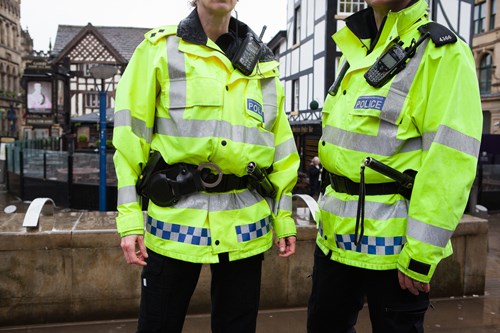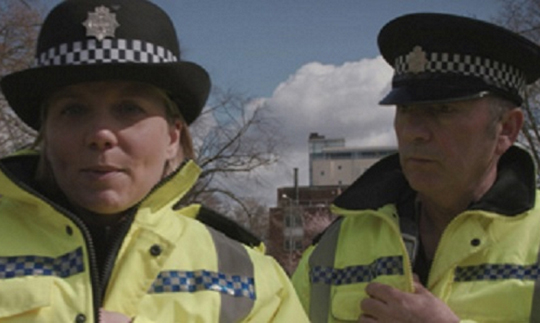Stress Awareness Month: Looking after yourself in a stressful job
7 April 2022

April has been labelled ‘Stress Awareness Month’ and sadly, for some of our members, this will be especially relevant. Policing by its nature is a stressful job.
Our members are exposed to all sorts of dangerous, sickening, and traumatic incidents every day. A member of the public is likely to experience 3 or 4 traumatic incidents in their lifetime. An average police officer will experience between 400 – 600 traumatic incidents in their career. These incidents might be fatal road traffic collisions, murders, suicides, or reports of child abuse.
Police officers are being abused and assaulted more regularly. We are punched, kicked, headbutted, spat at, bitten and worse. All in a day’s work? In the year ending March 2021, there were 37000 reports of police officers being assaulted across England and Wales. This is compared to 22500 during the previous 12 months. We are not society’s punchbags, but I think somebody needs to remind some elements of society of this!
Police officers routinely endure unrealistic, unreasonable, and excessive workloads. For example, response officers can regularly carry 30 – 40 crimes at any one time. Each of those crimes involve various enquiries, demands and deadlines from line managers, the CPS, and victims. This is in addition to policing the streets! Police officers shouldn't be expected to effectively manage all this demand, but they are. Stress levels rocket, and our communities are left wanting. Who is to blame here? Certainly not the officers!
We are also still suffering from the devastating impact of a Conservative Government of questionable competence, who have mercilessly slashed our wages by 20%, creating examples of financial hardship in our ranks, and a Government who irresponsibly decimated the number of police officers available to keep our communities safe. Despite the efforts of the uplift, we are still unable to effectively deal with the demand we face every day and as a result, our shifts are often extended, and our rest days are often cancelled. This can be even more painful for those uniformed officers working a challenging shift system which only affords them two full weekends off in fifteen! Where is the work – life balance there?
All these factors take their toll on our officers. Cambridge University research suggests that 1 in 5 officers are suffering from a form of PTSD. I have seen seasoned officers breaking down in tears, unable to cope with the relentless stress that the organisation puts them under. Our officers are burning out!
Burnout can be avoided. It’s a state of physical, mental, and emotional exhaustion that’s caused by extreme stresses at work and the poor management of working practices. Does this ring any bells? Contrary to popular belief, burnout isn’t a mental illness, but it has the potential to lead to mental and physical illness.
There have recently been various articles about burnout published on several Health and Safety platforms. The most notable of these articles can be found on the World Health Organisation website. The WHO have categorised burnout as an ‘organisational phenomenon’, recognising that organisations, work, and working practices are the direct cause. Other authoritative bodies such as the Health and Safety Executive have published guidance on how burnout can be reduced or avoided. Going forward, this is significant because it means that the Federation, supported by Health & Safety guidance and legislation, will have greater ability to hold Police Forces to account if they do not start to find effective ways to protect us all better by improving their proactive measures, rather than just trying to fix officers after they’ve broken them.
Look after yourselves and seek help if it is getting too much.



















